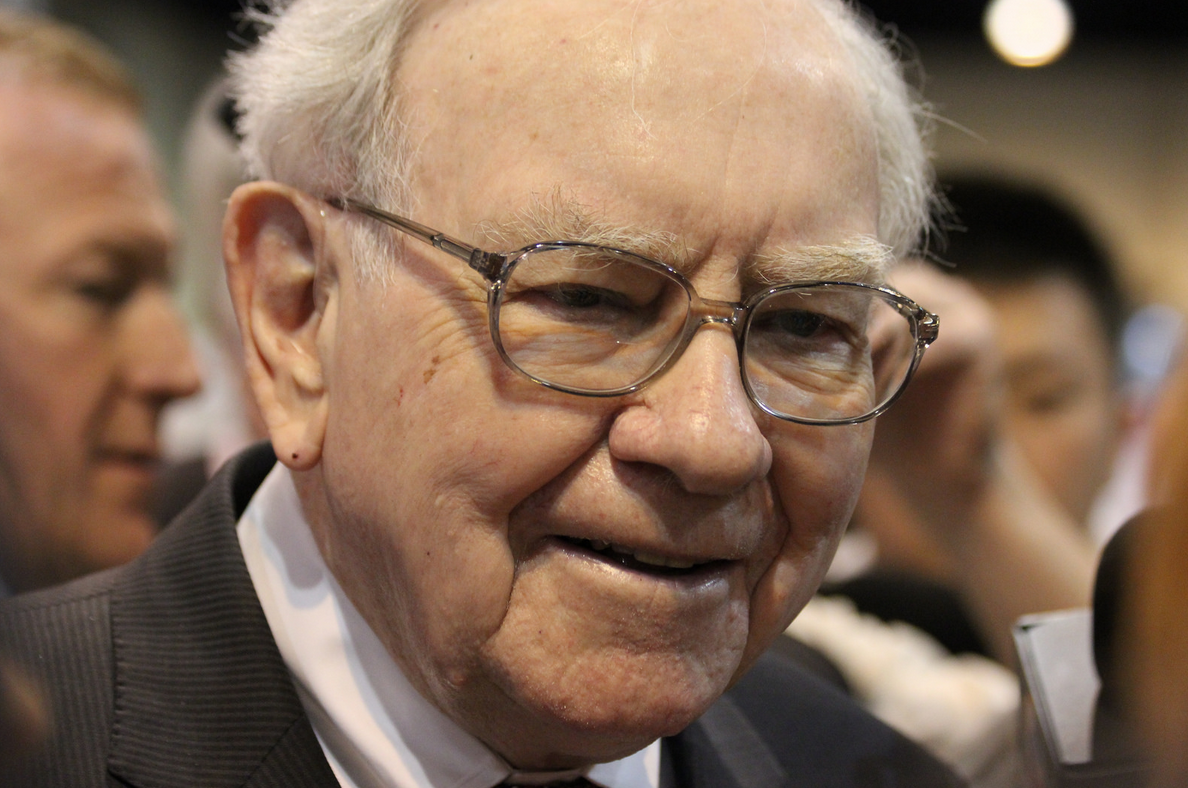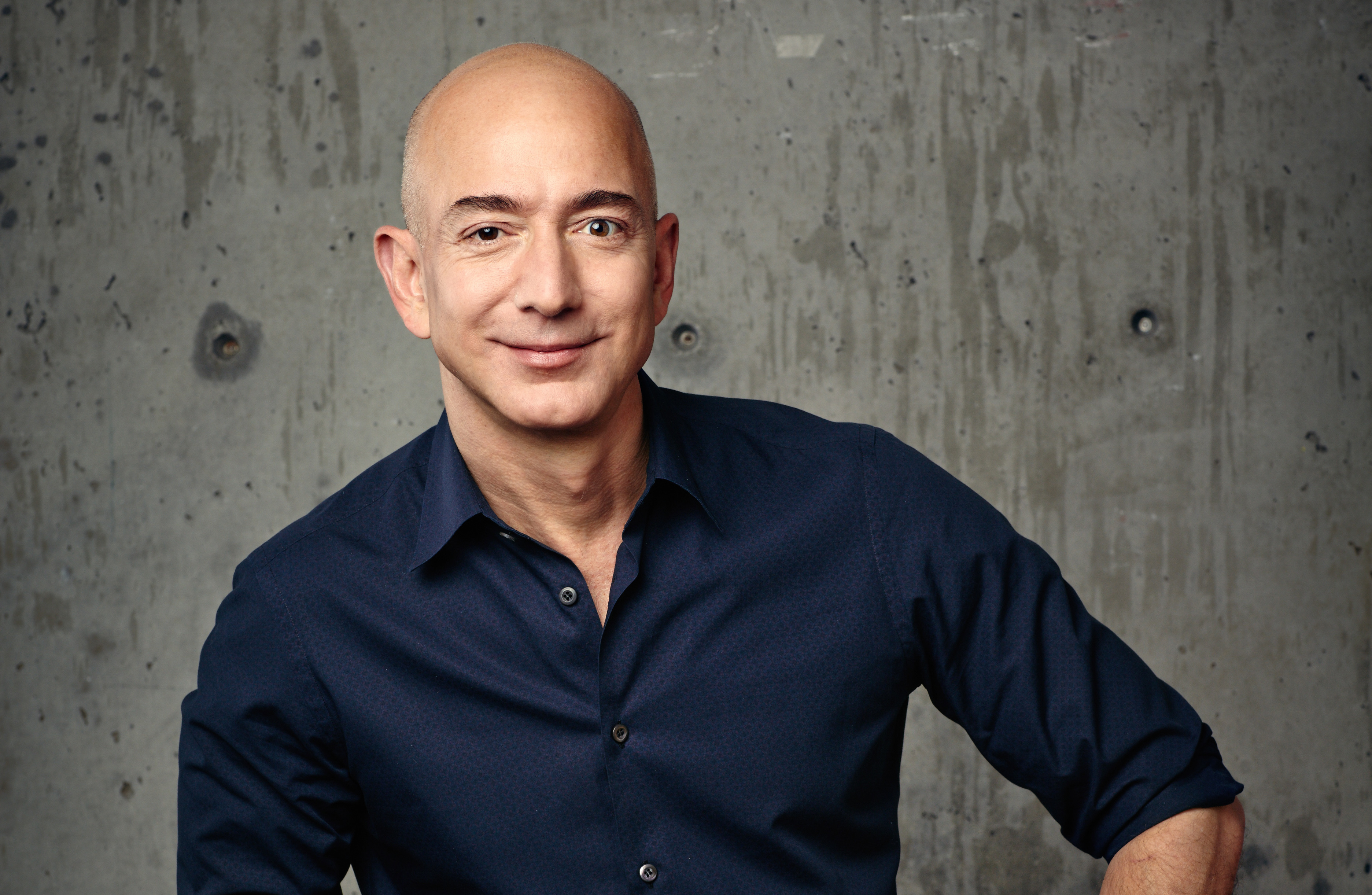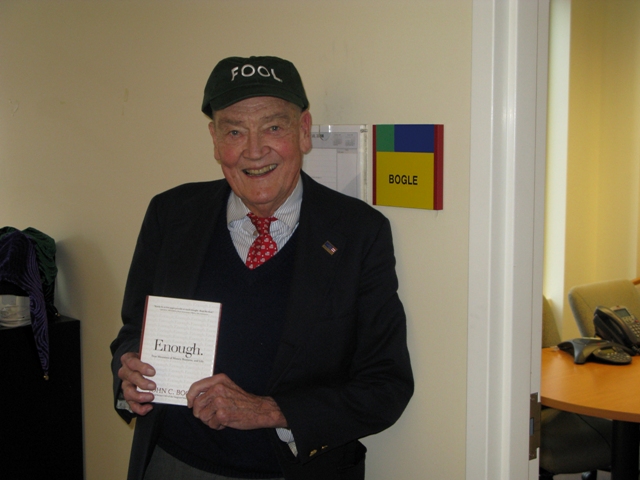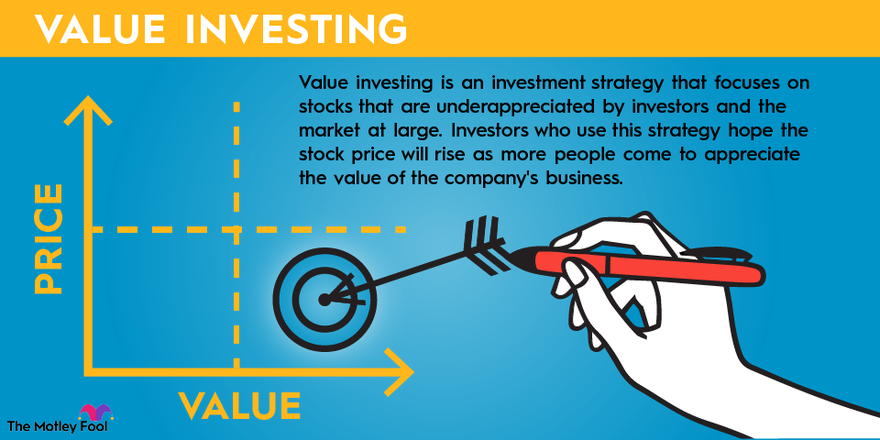Seeking wisdom from leaders who have achieved tremendous success is a common practice, which is why many look to Stanley Druckenmiller for investing wisdom. Born in Philadelphia in 1953, Druckenmiller headed north after high school, attending Bowdoin College in Maine, where he studied English.
He also spent time at the University of Michigan, where he enrolled in a doctoral program in economics. Leaving the university before completing the PhD program, Druckenmiller worked as a retail investment analyst at the Pittsburgh National Bank, starting on the road to becoming an investing legend.

Primary roles
In 1981, Druckenmiller founded his own investment firm, Duquesne Capital Management, with just two clients and $800,000 under management. He continued to run the firm for almost 30 years until closing it in 2010.
George Soros recognized Druckenmiller's investing prowess, hiring him as managing director at Soros Fund Management in 1988 to be the lead portfolio manager. Druckenmiller also served as chief investment officer of Soros Fund Management from 1989 to 2000.
Since 2010, Druckenmiller has managed private investment firm Duquesne Family Office, which had a market value of about $3.1 billion as of the end of the first quarter of 2025.
Investment strategy
Whereas many investing gurus preach the importance of portfolio diversification, Druckenmiller is opposed to it. In his January 2015 speech at the Lost Tree Club, Druckenmiller articulated his view: "I think diversification and all the stuff they're teaching at business school today is probably the most misguided concept everywhere."
Druckenmiller favors a more concentrated approach, emphasizing the importance of having the courage of one's convictions. Druckenmiller noted how successful investors, such as Warren Buffett, Carl Icahn, and Ken Langone, have also espoused a similar strategy: "They see something, they bet on it, and they bet the ranch on it."
Druckenmiller also emphasizes the importance of evaluating a company's fundamentals. He said in an interview, "I completely endorse analysis of fundamentals. Looking at the balance sheet, trying to figure out a couple years from now, what people are going to think about this company or are the earnings going to be different."
If you're early on in your career and they give you a choice between a great mentor or higher pay, take the mentor every time. It's not even close."
Philosophy & legacy
While one of the world's most successful investors, Druckenmiller doesn't credit making money as the most powerful factor motivating him. Instead, the challenge of producing the greatest returns is a primary driving force. In speaking with Pittsburgh Quarterly, Druckenmiller said, "I'd rather make 30% per year with a smaller fund than be at the top of the heap of $100 billion at 8%."
When future generations study Druckenmiller's career, they will find someone who seized investment opportunities when he spotted them and invested with confidence and passion.
Career highlights
With a career hallmarked by success in generating tremendous wealth for his clients, Druckenmiller is credited with having a role in one of the greatest investment coups of all time.
In 1992, when working as lead portfolio manager for the Quantum Fund, Druckenmiller assisted George Soros in recognizing the perilous position of the British pound and investing heavily against it. In shorting the British pound, Soros and his fund scored a $1 billion payday -- a trade recognized as "breaking the bank of England."
Overall, Druckenmiller's career is highlighted by a track record of tremendous success in producing market-beating returns. In the almost three decades that Druckenmiller ran Duquesne Capital Management, the fund grew from $1 million in 1981 to $23 billion when it closed in 2010. During this time, the fund generated an average annual return of around 30%.
Awards, honors, and recognition
Druckenmiller has earned numerous accolades for his leadership and philanthropy. In 2011, Druckenmiller and his wife, Fiona, received the Carnegie Medal of Philanthropy. His charity work received further praise with the 2018 Manhattan Institute's Alexander Hamilton Award for his efforts in helping to revitalize American cities.
Druckenmiller has worked as a close advisor to two Bowdoin presidents and served as an active trustee. After stepping down from the Bowdoin board in 2002, Druckenmiller was awarded an honorary Doctor of Humane Letters degree in 2007.
He was also honored in 2015 with the Bowdoin Prize. This award is bestowed every five years to a graduate or other individual affiliated with the college who has made a "distinctive contribution in any field of human endeavor."
Related investing topics
Personal notes
In addition to serving as the chairman of the board of the Harlem Children's Zone, Druckenmiller has served on the boards of the Memorial Sloan Kettering Cancer Center and the Environmental Defense Fund, and he helped co-found and serve as a board member for the Kasparov Chess Foundation.
Marrying for the second time in 1988 to Fiona Katharine Biggs, Druckenmiller has three children.

















